
Organic farming has become increasingly popular in recent years, but there are still a lot of myths and misconceptions about what it is and how it works. In this blog post, we’ll explore the facts behind organic farming and debunk some of the most common myths. We’ll also examine how organic farming can benefit both our environment and our health, while providing a more sustainable way of producing food. By the end of this post, you’ll have a better understanding of organic farming and be able to make informed decisions when it comes to your food choices
What is Organic Farming?
Organic farming is an agricultural method that aims to cultivate crops and raise animals without the use of synthetic pesticides, genetically modified organisms (GMOs), antibiotics, or growth hormones. Instead, organic farmers rely on natural methods and practices to maintain the health and fertility of the soil, control pests and diseases, and promote the overall well-being of their plants and animals.
Farmers use techniques such as crop rotation, composting, and biological pest control to maintain the health of their soil and manage pests and diseases. They also avoid using synthetic chemicals and instead rely on natural alternatives, such as botanical extracts or beneficial insects, to control pests.
One of the key principles of organic farming is to prioritize the long-term sustainability of agricultural systems. Organic farmers aim to protect and enhance the natural resources that support their farming operations, including soil, water, and biodiversity. They also prioritize animal welfare, ensuring that animals have access to outdoor spaces, are fed organic feed, and are not subjected to unnecessary medical interventions.
Overall, organic farming is a holistic approach to agriculture that takes into account the interconnections of our environment, health, and food production. By choosing organic food, consumers can support farming practices that prioritize sustainability, animal welfare, and human health.
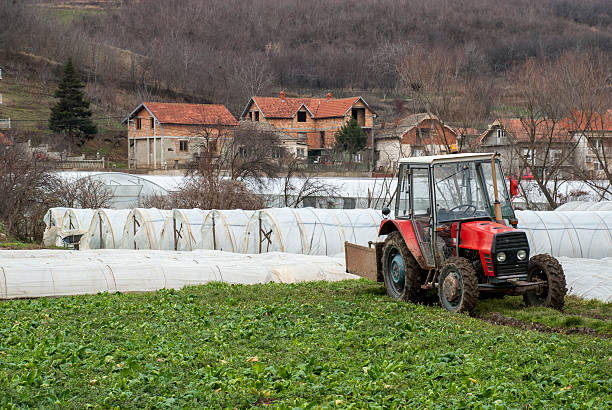
The Benefits of Organic Farming
When it comes to organic farming, the benefits extend far beyond just our plates. Not only does organic farming offer numerous advantages for our environment, but it also provides a healthier option for our bodies. One of the major benefits of organic farming is the reduction of chemical exposure. Unlike conventional farming, organic farming strictly prohibits the use of synthetic pesticides, GMOs, antibiotics, and growth hormones. By choosing organic food, you can significantly lower your intake of harmful chemicals, which can have long-term impacts on your health.
Additionally, organic farming promotes biodiversity. By working with nature rather than against it, organic farmers create a thriving ecosystem that supports a wide variety of plant and animal species. They prioritize the protection and enhancement of natural resources, such as soil and water, which are essential for sustainable agriculture. This biodiversity not only benefits the environment but also helps to preserve and improve the health of our soil, ensuring the long-term viability of our food production.
Contrary to popular belief, organic farming can also be profitable. While it may require more labor and initial investment compared to conventional farming methods, organic farming has been proven to be a viable and profitable business model. As the demand for organic products continues to grow, farmers who adopt organic practices can tap into a market that is willing to pay a premium for organic food.
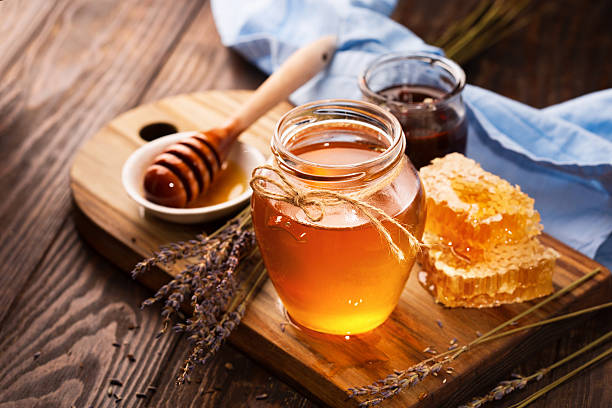
Myth 1: Organic Farming is Expensive
One common myth surrounding organic farming is that it is expensive. Many people believe that choosing organic means having to shell out extra money at the grocery store. However, this is not necessarily true.
While it’s true that organic food may sometimes be priced higher than conventional options, there are a few key factors to consider. First, organic farming requires a different set of practices and inputs compared to conventional farming. Organic farmers do not use synthetic pesticides or fertilizers, which can be costly. Instead, they rely on natural methods and techniques that require more labor and time.
Additionally, the demand for organic products has been steadily increasing over the years. As a result, more farmers are transitioning to organic farming methods, leading to economies of scale and reduced production costs. This means that organic food prices are gradually becoming more competitive and accessible to a wider range of consumers.
Furthermore, when considering the true cost of food, it’s important to take into account the potential long-term health benefits. By choosing organic food, you are reducing your exposure to dangerous chemicals and fungicides. This can have significant implications for your overall well-being and potentially save you money on healthcare costs in the long run.
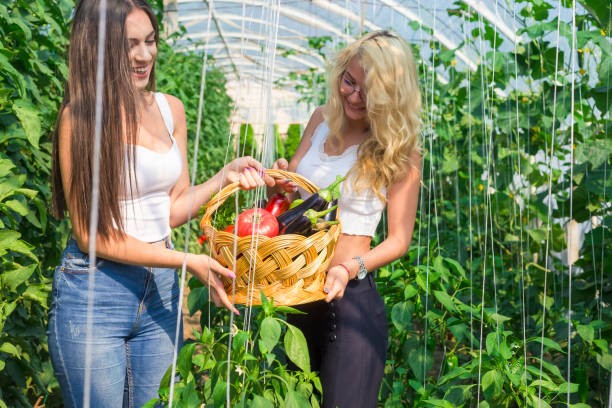
Myth 2: Organic Food is Not Nutritious
There’s a common misconception that organic food is not as nutritious as conventionally grown food. However, this myth could not be further from the verity. In fact, studies have shown that organic food can actually be more nutritious and beneficial for our health.
One of the main reasons organic food is often considered more nutritious is because it is grown in healthier soil. Organic farmers prioritize soil health, using natural methods like crop rotation and composting to maintain the nutrient content of the soil. As a result, organic fruits and vegetables tend to have higher levels of essential vitamins, minerals, and antioxidants compared to their conventional counterparts.
Another important factor to consider is the absence of synthetic pesticides in organic farming. Conventional farming relies heavily on the use of pesticides to control pests and diseases. These chemicals can leave residues on our food, which have been linked to various health issues. Organic farming, on the other hand, uses natural pest control methods, such as biological control and crop diversity, which can help to preserve the nutritional value of the produce.
Furthermore, organic farming practices also prioritize the use of non-GMO seeds. Genetically modified organisms have been a topic of debate when it comes to their impact on our health. By choosing organic, you can avoid GMOs and opt for food that is grown using traditional and natural breeding methods.
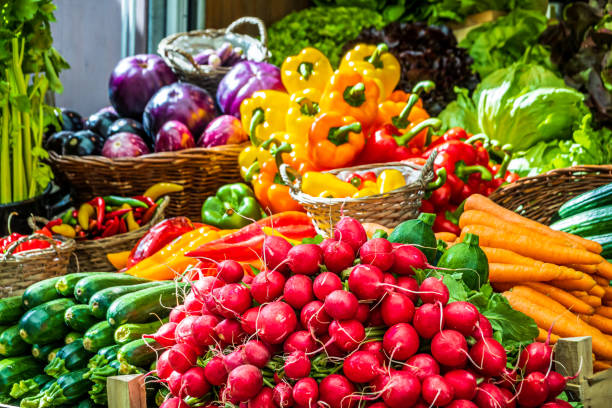
Myth 3: Organic Farming Cannot Feed the World
Many people argue that organic farming is not a feasible solution to feed the growing population of the world. They believe that the lower yields associated with organic farming methods would not be sufficient to meet the demand for food. Still, this is a myth that needs to be debunked.
First and foremost, it’s important to understand that organic farming is not just about yield. It is about sustainable and environmentally friendly food production. While it is true that organic farming methods may lead to slightly lower yields in certain cases, it’s important to consider the long-term benefits. Organic farming focuses on building and maintaining healthy soil, which in turn leads to improved water retention, nutrient cycling, and overall ecosystem health. This means that organic farms can actually be more resilient to extreme weather conditions, such as droughts or floods, which are becoming increasingly common due to climate change.
Furthermore, research has shown that with proper management techniques, organic farms can achieve yields comparable to conventional farms. A study published in the journal Nature Communications found that organic farming systems could potentially produce enough food to feed the world’s population without relying on synthetic fertilizers and pesticides. The study highlighted the importance of agro ecological approaches, such as organic farming, in improving food security and sustainability.
Additionally, it’s worth noting that organic farming promotes biodiversity and supports a wide range of ecosystem services. By relying on natural methods for pest and disease control, organic farmers create a balanced and diverse ecosystem that is more resilient to external pressures. This biodiversity is essential for pollination, nutrient cycling, and soil health, all of which contribute to sustainable food production.
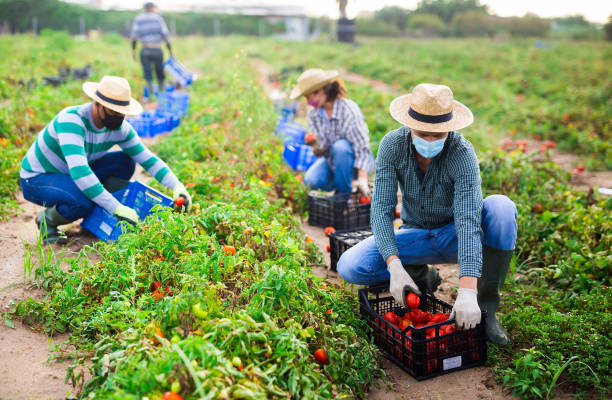
Fact 1: Organic Farming Reduces Chemical Exposure
Did you know that choosing organic food can significantly reduce your exposure to harmful chemicals? It’s true! Organic farming methods strictly prohibit the use of synthetic pesticides, genetically modified organisms (GMOs), antibiotics, and growth hormones. This means that when you choose organic, you are opting for food that is grown without the use of these potentially harmful substances.
Conventional farming, on the other hand, heavily relies on the use of synthetic pesticides and fertilizers to control pests and boost crop yields. These chemicals can leave residues on our food, which can be detrimental to our health. In fact, studies have shown that exposure to synthetic pesticides has been linked to various health issues, including hormone disruption, reproductive problems, and even certain types of cancer.
By choosing organic, you can significantly reduce your intake of these harmful chemicals, protecting yourself and your family from potential health risks. Organic farming methods rely on natural alternatives for pest control, such as beneficial insects or botanical extracts. This not only reduces chemical exposure but also helps to create a more balanced and sustainable farming system.
So, the coming time you’re at the grocery store, consider choosing organic. By doing so, you can make a conscious decision to reduce your chemical exposure and prioritize your health and well-being.
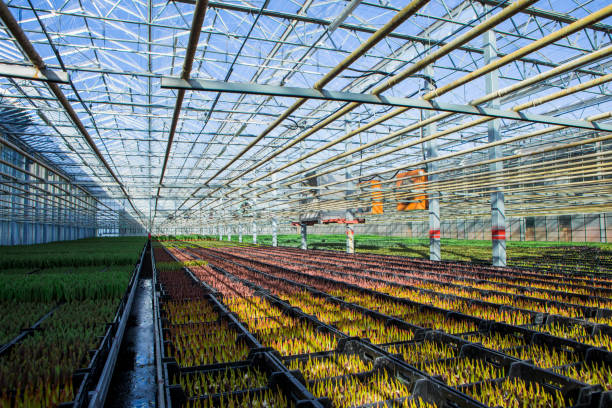
Fact 2: Organic Farming Promotes Biodiversity
Organic farming goes beyond just providing us with healthier and more nutritious food. It also plays a crucial role in promoting biodiversity, which is essential for the health of our planet. By working in harmony with nature, organic farmers create a thriving ecosystem that supports a wide range of plant and animal species.
One of the main ways organic farming promotes biodiversity is through the use of crop rotation. This practice involves growing different crops in a specific sequence, which helps to break pest and disease cycles, improve soil health, and enhance biodiversity. By diversifying their crops, organic farmers attract a variety of beneficial insects and pollinators, which play a vital role in maintaining the balance of the ecosystem.
Additionally, organic farmers avoid the use of synthetic chemicals that can be harmful to biodiversity. Instead, they rely on natural methods such as biological pest control and the use of botanical extracts to manage pests. These practices help to preserve and enhance the natural habitats of beneficial insects and other wildlife, creating a more balanced and resilient ecosystem.
Furthermore, organic farming also prioritizes the protection of natural resources, such as soil and water. Healthy soil is home to countless microorganisms and beneficial bacteria, which contribute to biodiversity and support the overall health of the ecosystem. Organic farming practices, such as the use of compost and organic fertilizers, help to improve soil fertility and promote the growth of diverse plant species.
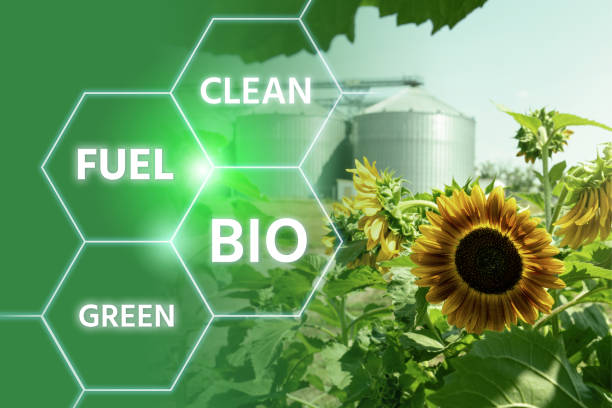
Fact 3: Organic Farming can be Profitable
Organic farming is often perceived as a less profitable venture compared to conventional farming methods. However, this is simply not the case. While it’s true that organic farming may require more labor and initial investment, it has been proven to be a viable and profitable business model.
One of the main reasons organic farming can be profitable is the growing demand for organic products. As consumers become more conscious of the benefits of organic food, the market for organic products continues to expand. This increased demand allows organic farmers to command higher prices for their produce, resulting in higher profit margins.
Additionally, organic farming can also lead to reduced production costs over time. Organic farmers prioritize soil health and rely on natural methods and practices that help build and maintain healthy soils. This can lead to improved water retention and nutrient cycling, reducing the need for synthetic fertilizers and pesticides. By avoiding the use of costly inputs, organic farmers can lower their production costs and increase their profitability.
Furthermore, organic farming methods promote biodiversity, which can have long-term economic benefits. By creating a thriving ecosystem, organic farms attract a wide range of beneficial insects and wildlife, which contribute to pest control and pollination. This can result in increased crop yields and reduced losses due to pest damage.
In conclusion, organic farming can be a profitable venture. With increasing consumer demand, reduced production costs, and the potential for improved crop yields, organic farmers can reap the financial benefits while also contributing to a more sustainable and environmentally-friendly agricultural system.
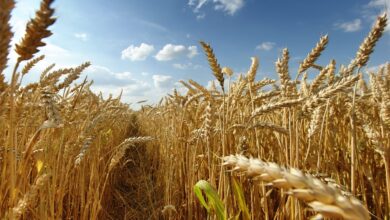
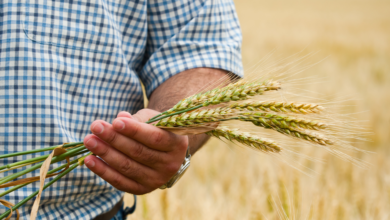

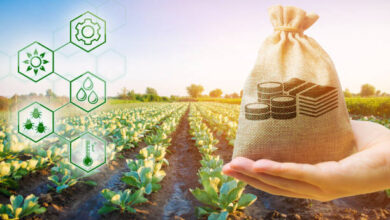
Ready to blast your message across the digital universe? Just as you’re engaging with this ad, imagine your brand message reaching countless website contact forms worldwide! Starting at just under $100, unlock the potential to reach 1 million forms. Reach out to me below for details
Phil Stewart
Email: 7grcju@mail-to-form.xyz
Skype: form-blasting